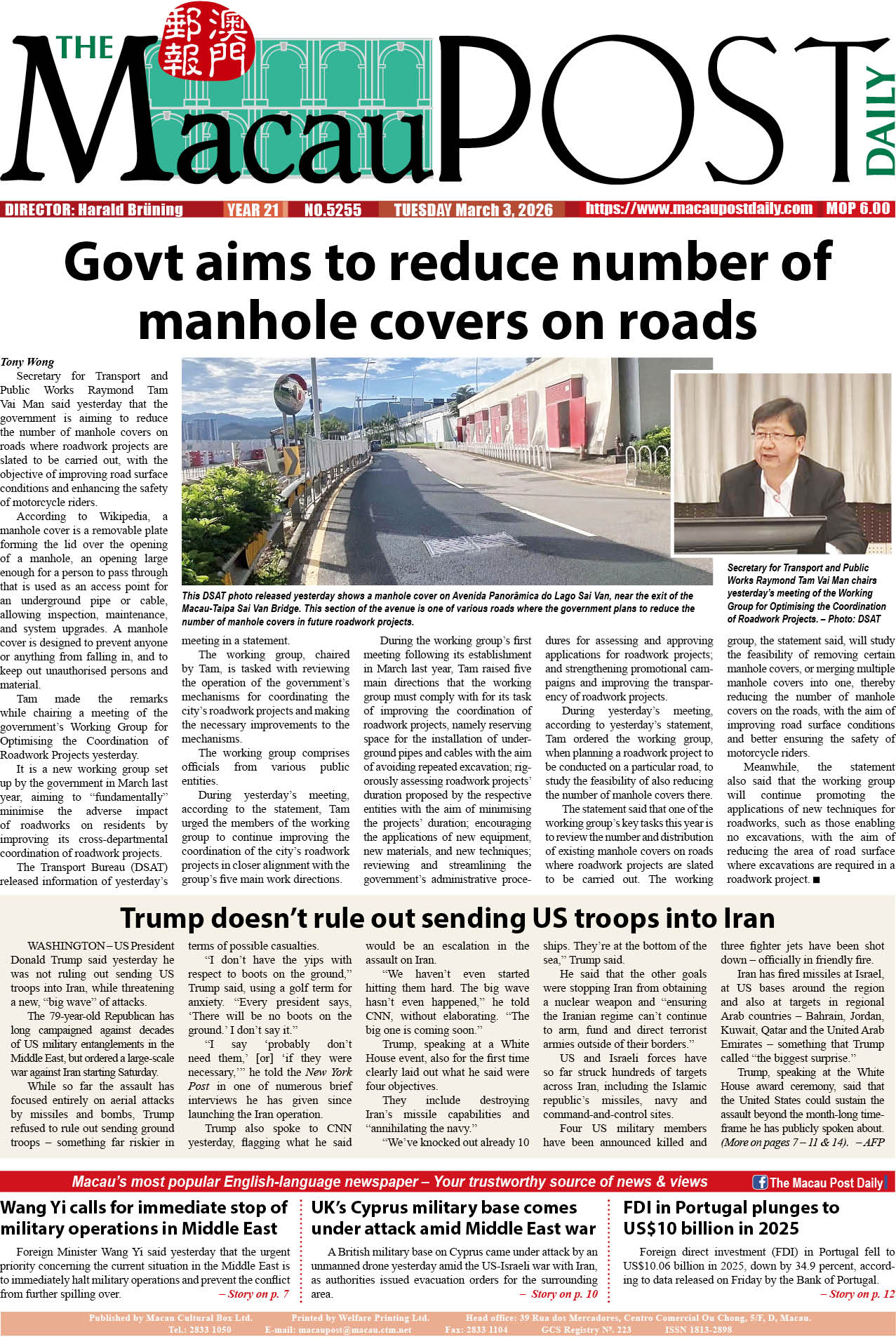Commentary by Zhu Rui*
The rise of developing countries and emerging markets has become an irreversible trend since the turn of the century, with the new round of scientific and industrial revolution creating more opportunities for the developing world.
Yet the world is struggling with the worst economic downturn since World War II due to the COVID-19 pandemic, and hegemonism, unilateralism and trade protectionism have undermined the world order and global governance. These factors have dealt a blow to all countries, particularly the developing nations that are still in the process of modernization and social transformation, and busy tackling social and economic issues at home and abroad.
The developing countries still have a long way to go to find a path of development that suits their real conditions and play a more active role in improving global governance, which is a common mission of the developing world and political parties.
Political parties represent the public, make and implement policies and thus play a leading role in national governance. The ideals, values and governance capabilities of political parties, particularly the ruling parties, determine the prospects of their countries. This is the view that the Communist Party of China shares with the parties in many other developing countries.
In the post-pandemic period when the political and economic landscapes around the world are likely to reflect radical changes, the developing world will face both challenges and opportunities, so they should expand country-to-country exchanges to modernize their governance systems and improve their governance capacity, and fulfill the responsibilities given to them by the people.
First, it is important for a party to stay true to its founding principles and mission, and to guide public opinion in a positive direction. Since political parties derive their power from the people, serving the people should be their highest goal. This is especially important at a time when the world is reeling from the devastating impacts of the pandemic, including economic recession. So political parties should empathize with people’s sufferings and respond to their needs in time.
Second, it is important that developing countries choose the path of development that suits their real conditions and is relatively independent of others, and the ruling party fulfills the responsibility of transforming the will of the people into theories and programs, and setting the targets the country should reach and the direction it should take. This will ensure the country’s people have the biggest say in its development.
Only the wearer knows whether the shoes fit well or not. There is no one-size-fits-all development model because the real conditions, traditions and cultures of different countries are different. Also, development models are neither superior nor inferior. They are either suitable or not suitable for a country.
Third, strengthening self-construction is important for political parties, as it helps them maintain their vigor and vitality. These problems, however, are more than a test for a country’s governance system and capability. They are a test for the ruling party’s leadership as well. Hence, political parties in developing countries, especially the ruling parties, should make greater efforts to improve their governance system and capability.
Fourth, it is significant to deepen reform and promote innovation in order to boost development.
As President Xi Jinping said, the new round of technological and industrial revolution has created a golden opportunity for development and given birth to new drivers of growth. By seizing the opportunity, developing countries can catch up with their developed counterparts, and if they fail to do so, the gap between them and the developed world will widen further.
Under such circumstances, political parties in developing countries should make the best use of the opportunity to not only boost their economy but also achieve economic restructuring and narrow the gap with the developed world.
The CPC maintains close contact with more than 560 political parties and organizations in over 160 countries, a majority of which are developing countries.
Many of these parties have praised the achievements China has made and acknowledged the key role the CPC has played in the process, and said China’s success in building socialism with Chinese characteristics provides a new reference for developing nations to explore their own development path.
Especially, under the leadership of the CPC Central Committee with Xi Jinping as its core, China has largely contained the pandemic and resumed near-normal economic activities. Not to mention it has also eradicated absolute poverty.
These achievements show the effectiveness of China’s socialist governance system, and have prompted political parties more and more in developing countries to increase exchanges and cooperation with the CPC in various fields.
President Xi has said that no matter to what extent China develops and how much the international situation change, the country will always stand with other developing countries and continue to be their reliable friend and sincere partner.
The CPC will celebrate the 100th anniversary of its founding, continue to deepen exchanges and work with more parties to expand the common ground of developing countries, help safeguard the developed world’s collective interests on the global stage, and achieve common prosperity.
The CPC will also continue to make efforts to bring more happiness to the Chinese people, realize the national rejuvenation of China, and promote peace and development across the world.
*The author is the assistant minister of the International Department of the CPC Central Committee.
– Courtesy of China Daily Global








